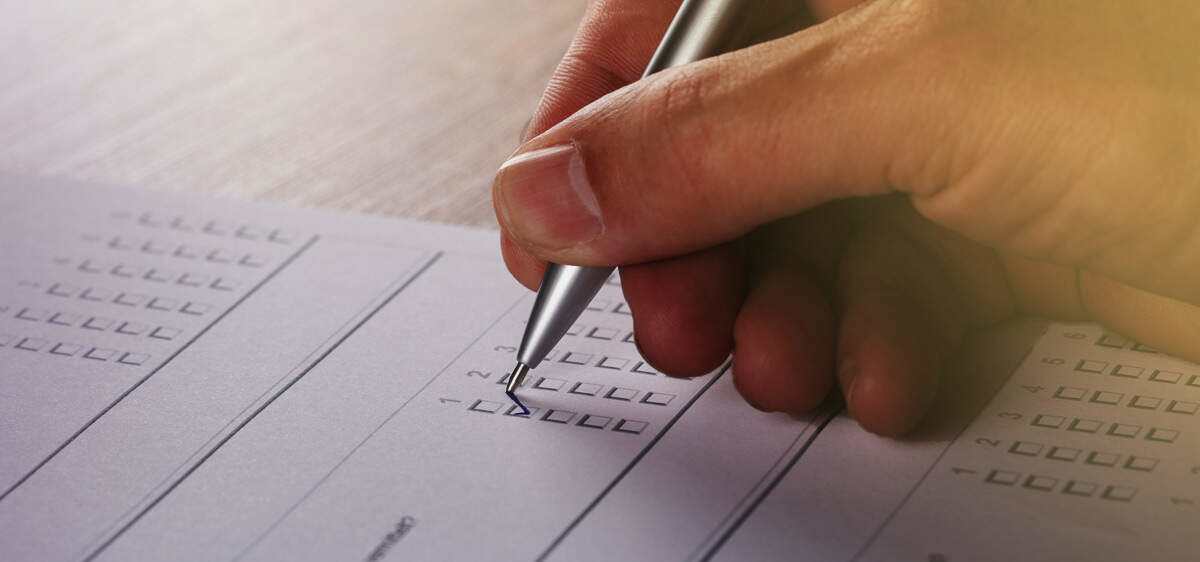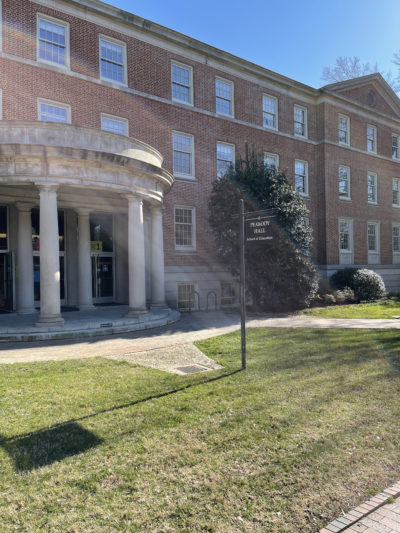

|
|
Zoom. Lysol. Peloton. DoorDash. By this point, we can identify which companies have emerged as winners due to the COVID-19 pandemic. Of course, there’s the flip side: the industry failures. Airlines. Casinos. Movie theaters. Standardized testing.
While some states were already advocating for standardized testing cutbacks pre-COVID-19, the pandemic swiftly expedited test reduction efforts, most notably with former U.S. Secretary of Education Betsy DeVos waiving federal testing requirements in March 2020.
As a former public educator, I’ve seen firsthand the glaring flaws present within our current testing system. Change is long overdue. But the conversation about the purpose and value of assessments in public education should not stop with students — we also need to reassess the impact and efficacy of teacher licensing tests in North Carolina.
First, to be clear: All students deserve to be taught by a caring, skilled, knowledgeable, effective classroom leader. No exceptions. But as it currently stands, our state’s teacher testing requirements are not designed to produce a diverse group of said leaders — rather, the tests required for licensure in North Carolina erect unnecessary barriers to diversifying our teaching force and are not a reliable indicator of teacher effectiveness. Who ultimately fails as a result? Our students.
According to the DRIVE Task Force’s 2021 final report, 53% of NC students are nonwhite, compared to 21% of educators. (DRIVE, which stands for Developing a Representative & Inclusive Vision for Education, was created in December 2019 by Gov. Roy Cooper.) As our student base grows increasingly more diverse — and the threat of a statewide teacher shortage looms — we need to eliminate barriers keeping educators of color from joining the profession.
Licensure tests remain a major hurdle, disproportionately affecting nonwhite teacher candidates. Data shared by the National Council on Teacher Quality is sobering: “Only 38% of black candidates and 57% of Hispanic candidates pass the most commonly required content licensing test.”
These tests can also pose financial barriers. For example, say you want to become a teacher of students with disabilities in North Carolina. You’ll pay over $350 for the three required exams. Perhaps you don’t pass the first try. So you might purchase study guides, buy practice exams, hire a tutor, and then register for a retake. You could be looking at a $1,000 cost — a sizable sum, considering new teachers here make just $35,000 a year. For a first-generation college senior or recent graduate with limited means, that cost could be prohibitive.
Passage and payment barriers aside, exam scores do not correlate with teacher effectiveness. A North Carolina-based study conducted by Dan Goldhaber and Michael Hansen found that “licensure tests do a poor job predicting which teachers … will produce gains in students’ reading performance.” They went on to find that Black teachers with lower licensure test scores “turned out to be just as good, if not better” than many of their white peers with higher scores.
In a post-pandemic world, policymakers and education leaders have an incredible opportunity to reimagine what schooling should look like. Here’s the perfect place to start: redesign assessments to be more relevant, equitable, and impactful — not just for students, of course, but for their teachers as well. If we aren’t effectively evaluating teachers — the evaluators of students — then we are building a system doomed for, well, failure.





